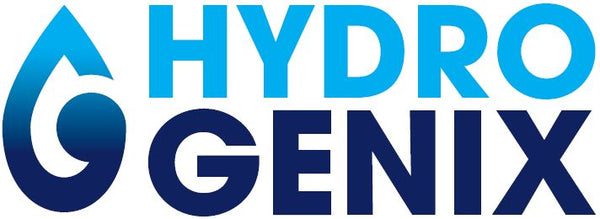Hydrogen as a treatment for Rheumatoid Arthritis
What is Rheumatoid Arthritis
Rheumatoid arthritis (RA) is a chronic inflammatory disorder marked by joint pain, swelling and damage. In addition, the chronic inflammation associated with RA often damages the skin, subcutaneous tissue, and lungs. These cruel effects of RA can diminish a person’s quality of life and even lead to a reduced survival time.
RA is associated with autoimmune disorders, where the synovial tissue is infiltrated, and the immune response leads to overproduction of pro-inflammatory cytokines. It is the actions of these cytokines that promote the inflammation of body tissue and joints, producing the uncomfortable and damaging effects of RA.
Currently treatments for RA are adapted based on the age of a person and severity of the condition. Although medications, such as steroids, anti-inflammatory drugs and immunosuppressants, can help slow joint destruction and relieve pain, they can have serious side effects and aren’t completely always successful. They may also diminish in their efficacy over time.
The Role of Reactive Oxygen Species in RA
Scientists have linked rheumatoid arthritis development to the excess production of reactive oxygen species (ROS). Not only can ROS oxidize and degrade cartilage and bone, it can also indirectly activate inflammatory cytokines through cell modulation.
In basic terms, the autoimmune disorder is self-perpetuating through a circular cycle of loops. The excess ROS leads to increasing levels of pro-inflammatory cytokines, which activates Nox, which over produces superoxide, and H2O2, which creates another loop where the immune response triggers again. Without breaking this chain of reactions, sustained RA inflammation is a result.

Hydrogen as a treatment for RA
Based on the noteworthy roles that ROS play in the pathogenesis of RA, using Hydrogen as an effective scavenger that can remove ROS, is now emerging as a therapeutic agent in the treatment of RA.
It is well known now that Hydrogen is an extremely safe and very effective way of removing ROS, including the extremely harmful Hydroxyl radical. Based on the safety and efficacy of Hydrogen as a selective anti-oxidant, attention turned to studies involved in using Hydrogen as a treatment for RA.
The Scientific Studies
There have now been numerous studies testing Hydrogen as a treatment for RA.
(See links to scientific studies at the bottom)
Key findings from the studies
- All studies to date have concluded that symptoms of RA were significantly improved using hydrogen as an agent of treatment.
- In early RA patients with duration less than 12 months, all 5 patients achieved remission, and 4 of them became symptom free at the end of the study
- In longer term patients, 47.4% of them achieved remission (9/19).
- Not only did Hydrogen treatment reduce the oxidative stress caused by the Hydroxyl radical, it also seemed to break the circular loop described above that sustains RA inflammation. This was proven during the 4 week washout period where no Hydrogen was consumed, yet the bio markers for RA continued to decrease.
It is important to note that in all studies there is suggestion that ongoing studies need to continue to truly understand how Hydrogen is helping in the treatment of RA. They also make note to taking Hydrogen whilst continuing with your current treatments.
Conclusion
RA can be an immensely debilitating disease, leading to long term issues in the body. Although the medications have come a long way over time, it still is not a curable disease.
Hydrogen should now be considered at minimum, as a complimentary treatment for your current treatment plan. Studies have shown that Hydrogen not only reduces inflammation in the body, but by reducing excess Hydroxal radicals in your body, you can help eliminate the circular loop of the disease.
Start with a Hydrogen water bottle and use it 3-4 times per day with a double hydrogen producing cycle each use.
If you suffer from severe RA and cannot seem to achieve a satisfactory outcome from your current medication, you should consider a Hydrogen inhaler machine to get maximum Hydrogen content.
Links to Studies
